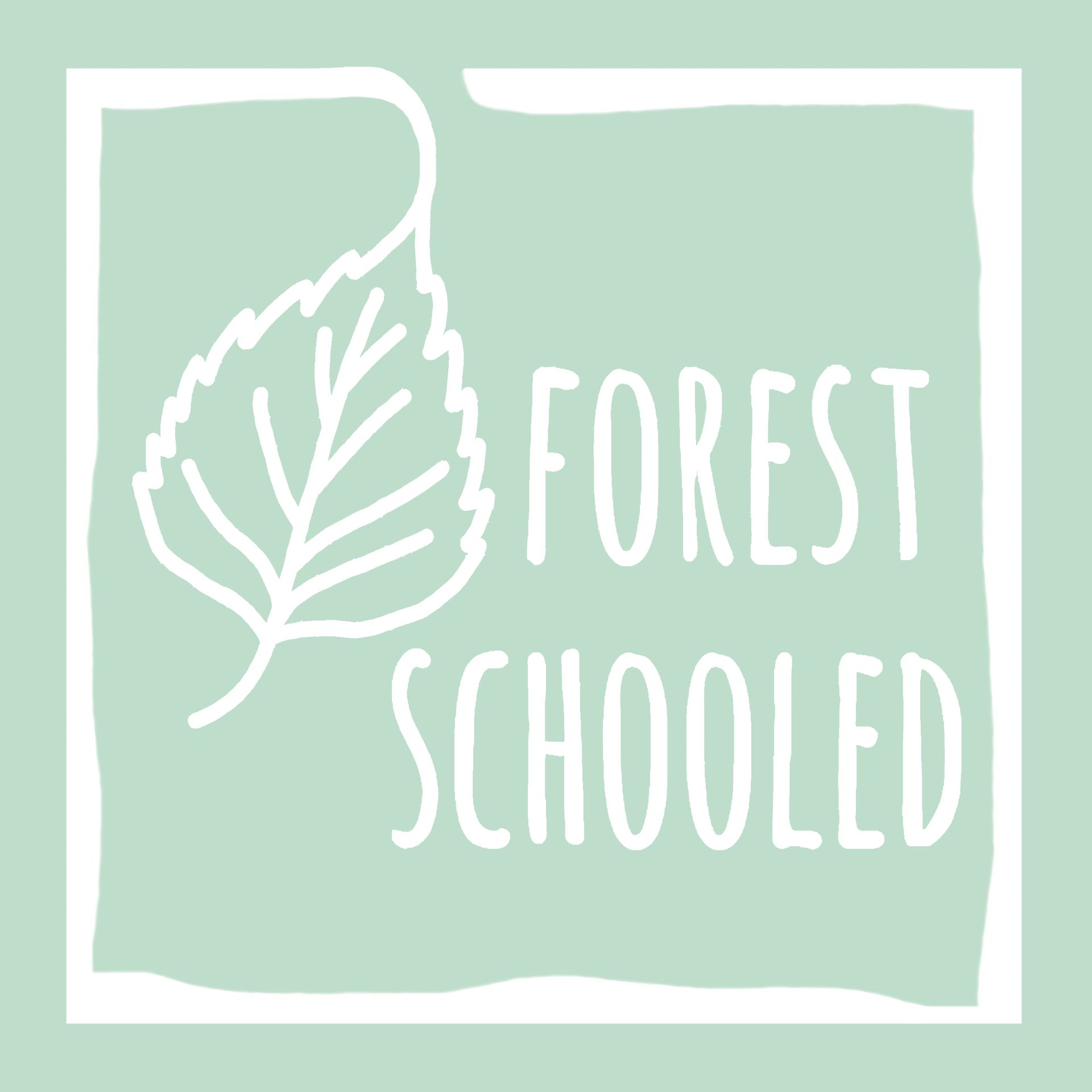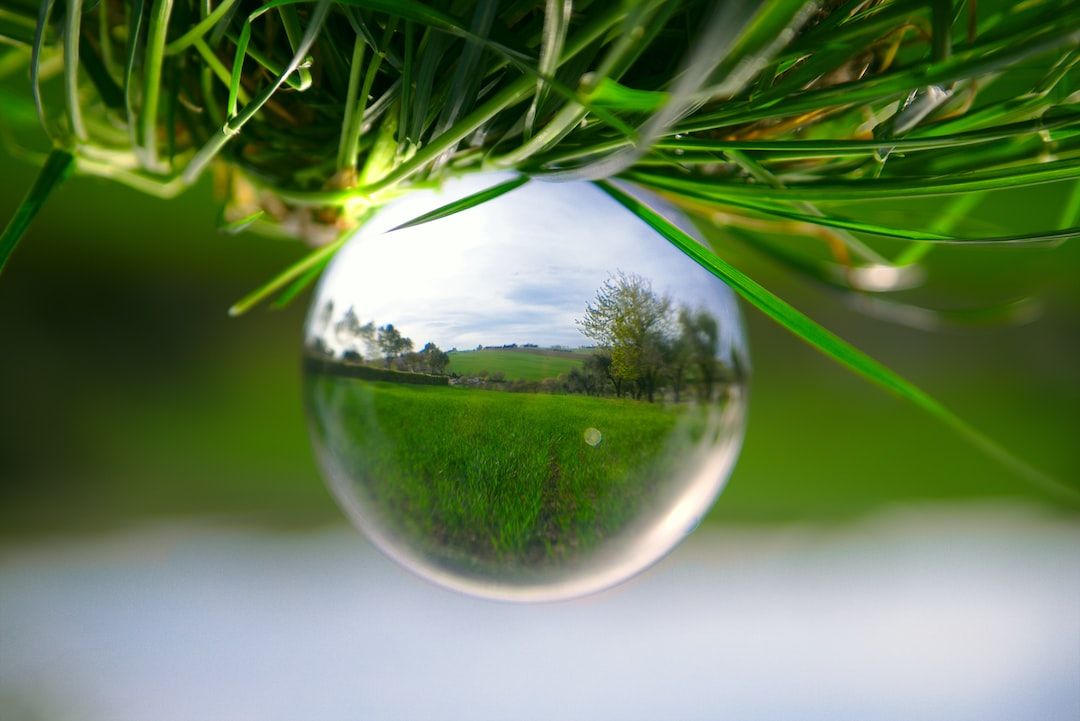
Blog
Stories from my personal journey learning about and delivering Nature-rooted programs across three different countries
A Forest School Leader's guide to facilitating reflection in the outdoors
Caylin (Forest Schooled)

Empty space, drag to resize
This blog post is a little different. It's a long one, but please read or at least skip to the end because I need your help!
I can tell Samuel is the 'class clown'. It's a role he has definitely embraced, despite knowing how much it can annoy certain adults when he causes disruptions in class or during our after school club which is where I work with Samuel. Every day the group's leaders have asked him to stop 'goofing off' at least once, particularly when it's time to have snack or tidy up. They have even tried telling the other children who laugh at his silly jokes and funny faces to stop because it 'just encourages him'. They consistently resort to the familiar practice of rewards/punishments to try to modify his behaviour (e.g. 'You can have a sticker if you behave well' or 'You'll have to sit out if you misbehave'). I watched them go through this cycle with Samuel several times, day after day. But he still didn't stop. He's just really good at being silly and, as a 9 year old, why would you stop if that silliness is making 10 other children giggle and laugh? Personally, I'm with Samuel that maybe 10 laughing children versus 2 annoyed adults tips the scales...
But anyhow, one of these days, Samuel was being his usual silly self at a time the group's leaders felt silliness was inappropriate and so they decided his punishment would be to help me wash up some dishes after snack. While we were washing, I thought I'd take the opportunity to talk to Samuel to get to know him a bit better. I thought if I could understand him maybe I could help him with his behaviour (I was actually feeling a bit sorry for him that he was getting told off and punished so much!). The conversation went like this:
Me: “Do you get in trouble a lot?”
S: “Yup.”
Me: “How do you feel about that?”
S: “Sometimes it bothers me and sometimes it doesn't.”
Me: “So even though you know you'll get in trouble, you still do things anyway?”
S: “Yes, unless the adult is really scary, then I won't. But I'm not scared of the adults here.”
Me: “But if you know that your behaviour bothers the adults, why do you still do it?”
S: “I like making people laugh!”
Me: “So you'd rather make people laugh and get into trouble than not do it and avoid getting into trouble?”
S: “Yeah.”
Me: “But what if the adults explained that your behaviour was making them feel annoyed or upset?”
S: “Well then I'd stop because I'd know it makes them feel bad.”
Me: “Hmm ok, so if they were better at communicating to you why they were asking you to stop that would help?”
S: “Yeah.”
Me: “Do you think there are times where it's appropriate to be silly and other times where it's inappropriate?”
S: “Yes, but I just can't stop myself.”
Me: “What if when you think of something funny, you stop for just a second and consider whether it's appropriate for the situation you're in before doing it? Could that help?”
S: “Maybe,” with a shrug.
We soon finished washing up and Samuel ran off to join the other kids. I thought the conversation had probably gone in one ear and out the other, but I still felt like it was a good starting point for me in terms of understanding him a little bit better.
The next time I saw Samuel I'd almost forgotten about our conversation. I greeted him with, “Hi Samuel, how was your day?” I expected the usual kid response of “Fine” before running off to play, but instead he looked at me as if he had something exciting to tell me and said enthusiastically, “Good! I only got told off once! Usually it's around 5 times.” I replied, “Wow, really? So what was different about today then?” He said, “I took your advice.” This was not what I expected since I hadn't been sure our conversation had even registered with him. So I asked, “What advice was that?” Samuel responded, “About thinking first before saying something.” I said, “That's great! How do you feel about getting told off less?” He smiled and replied, “Good!” and then he ran off to play.
That afternoon, there were no issues with Samuel. He was still his silly old self, but at the times where the goofing off would usually become a problem, like snack and tidy up time, Samuel stayed calm and collected. The whole afternoon felt so much more peaceful! I was a little bit taken aback by the whole experience as I had never really thought a small conversation like the one I had with Samuel could have such an impact. So that got me thinking... What happened there? Why did that conversation make such a difference?
I think there are several avenues that could be explored in response to that question. For example, offering an empathetic and listening ear as well as talking about the effects of Samuel's behaviour on other people's feelings to inspire an intrinsic motivation rather than using rewards and punishments, which rely on an extrinsic motivation of either gaining a reward or avoiding punishment, is helpful. But that's not what I want to talk about here (If you do want to explore more about the pitfalls of using rewards/punishments in managing behaviour read Do rewards and punishments actually change behaviour?). Instead, what I'm interested in is the process of reflecting on an experience and the benefit that has to our learning.
I think we can all agree that we learn through our experiences. But what I think we can sometimes neglect to acknowledge is it's not just the experience that teaches us things; it's the processing of the information gained from the experience that takes place during or afterwards. This act of processing is what we call 'Reflection'. I like to think about it by using the analogy of growing tomatoes.... (just humour me for a second here)...
The 'experience' – what an individual or group takes part in – is like growing a tomato plant from seed. If we want nice tomatoes, we will put a lot of effort into this bit, watering and feeding the plant as it grows, ensuring that it grows well and stays healthy. We want our plant to bear fruit that's worthwhile. This is like how we often focus on offering stimulating and exciting experiences for our groups which are full of learning potential and opportunities. We work hard to provide the resources, time and space for a really great experience. However, there's another step we must take afterwards. When our tomato plant has grown so well that it's produced beautiful, ripe, red tomatoes we then go out and assess how well our plant did, consider how many tomatoes we were able to grow and then we harvest them. We look carefully over our plant and find the ones that are big and juicy to pick first. We can even come back later to pick more as they ripen if we want to. This part is like reflection. We 'harvest' what information we found most useful from our experience, sorting through it all to pull out what's most valuable to us. This is when we truly get to enjoy our 'tomatoes'.
Without the reflection, it's like putting in all the hard work to raise the plant without ever actually picking and enjoying the fruit!
To bring this back to the story of my conversation with Samuel, he was repeatedly having the experience of acting silly and getting told off. This experience happened over and over again and he wasn't learning how to change it despite the enticement of reward or the threat of punishment. To use the tomato metaphor, his tomato plant had grown, but he wasn't picking any of the tomatoes... My conversation with Samuel provided an opportunity for him to reflect on the experience and think about what he could change to create a different and better outcome next time. Without really intending to, I had facilitated a process of reflection for Samuel and the result was a simple tool for self-regulation that allowed him to alter his behaviour. This gave relief to the adults who work with him and, even better, a sense of satisfaction and improved self-esteem for Samuel who felt good about not being told off so much.
This made me realise how important reflection is not only for us to do for ourselves as practitioners, but also how important it is to facilitate opportunities for reflection for our learners. It also made me realise that reflection is a skill that children (and adults) sometimes need help developing. And then I felt guilty... because I realised, I don't often make much time for reflection during sessions! I usually try to have brief chats throughout the session or get the group together for a quick discussion at the end, but find it difficult to know where to start with it and then how to ask the right questions to find ways to go deeper. It usually feels quite rushed and clumsy to be honest! I've decided facilitating reflection is a definite weakness of mine... and that's why I thought I'd ask for help.
So, I'm putting out a call to Forest School leaders, to teachers, to parents, to anyone involved in learning in any way, shape, or form – how do you facilitate reflection with either individuals or groups? What techniques do you use? Do you use activities? Games? Art? Songs? Dance? What works well for younger versus older children? I'm particularly interested in techniques that can be used effectively in an outdoor setting. I'd love to gather all the ideas together to create a resource bank to use and share (sort of a 'Forest School leader's guide to facilitating reflection in the outdoors'). So please leave a comment below or send me a message on my contact page or to forestschooled@gmail.com with what you do or have done to facilitate reflection - (I promise I will credit you as the source if you wish. Otherwise let me know if you'd prefer to remain anonymous). Let's create a useful tool for us all to benefit from together!
Thanks in advance :)
UPDATE: The responses to my request for reflection techniques and ideas have been collated into a published resource called "A Practical Guide for Forest School Leaders (or anyone, really!) to facilitating reflection in the outdoors." Click here to read more about the creation of that guide or head to my E-learning site where you can download the free PDF or purchase a printed version for a small fee here.
More Posts
WANT TO GET FOREST SCHOOLED TOO?
Subscribe to my email letters, something special from me to you so we can learn together. Each one is filled with heart-felt stories from the forest, resources you may find useful, and things that hopefully bring a smile too.
Thank you!
© by FOREST SCHOOLED
